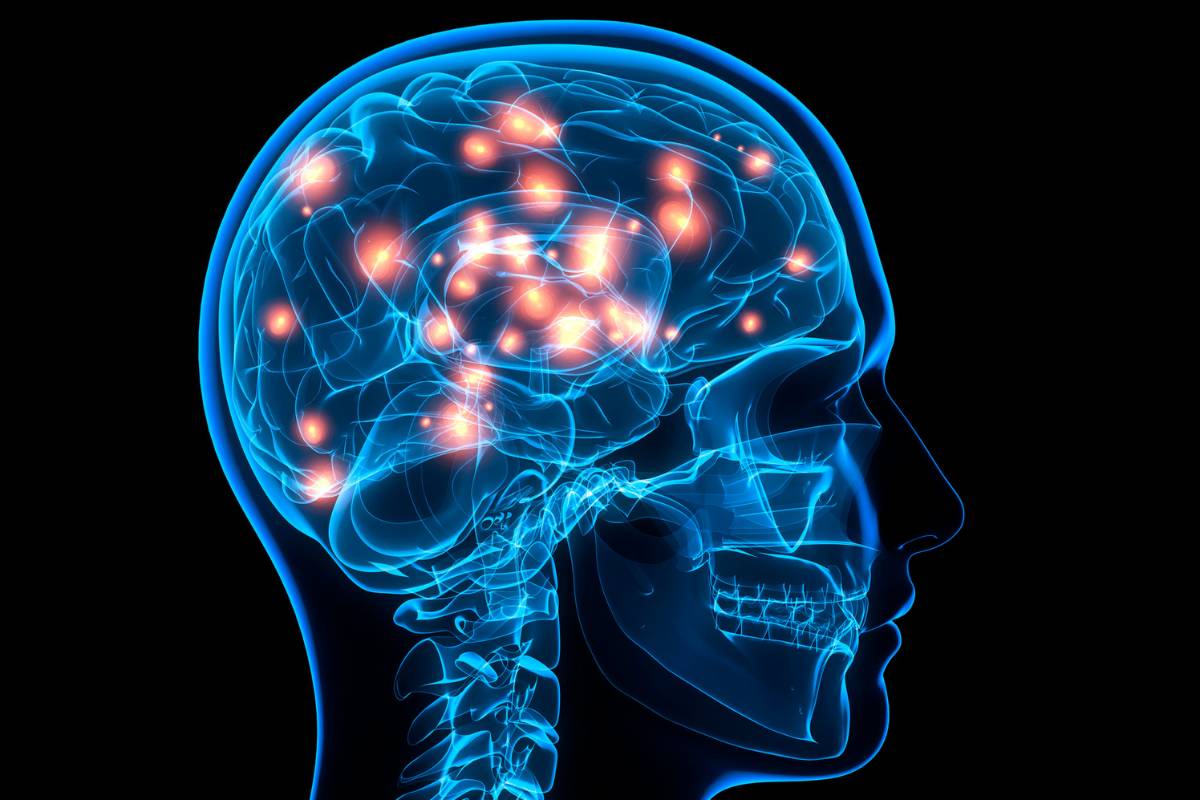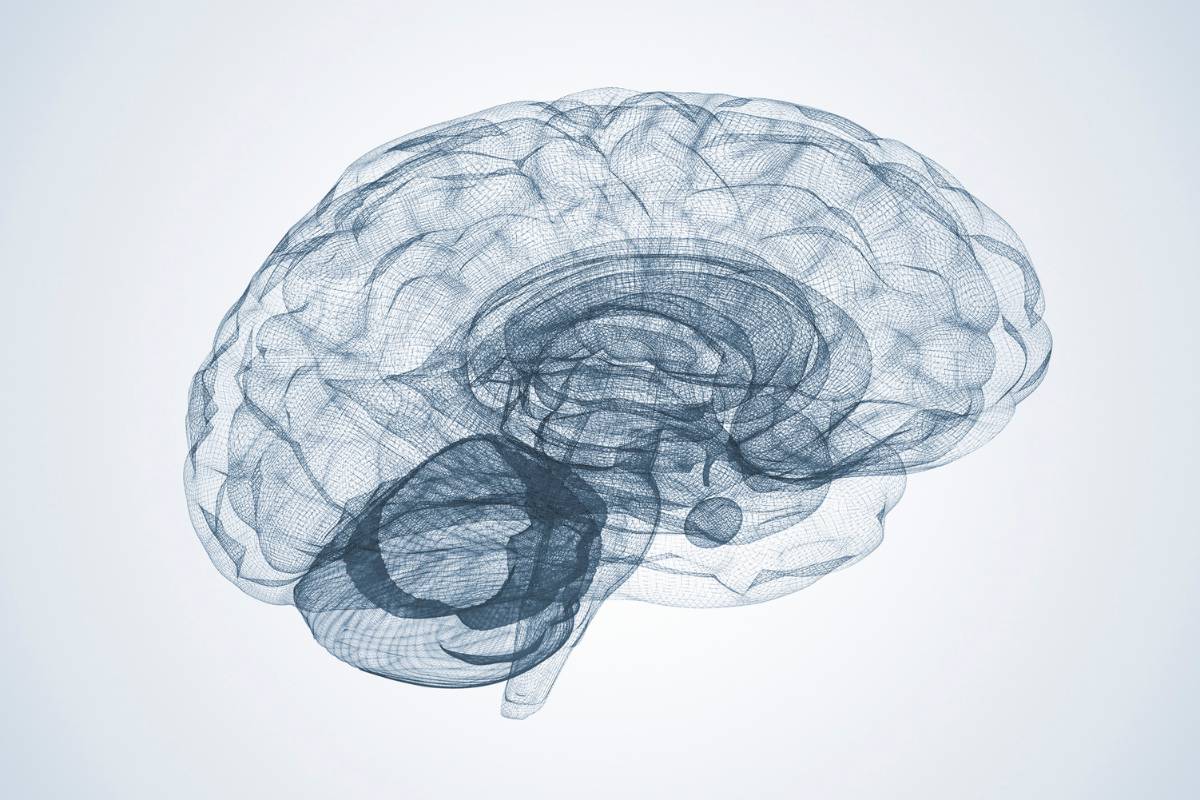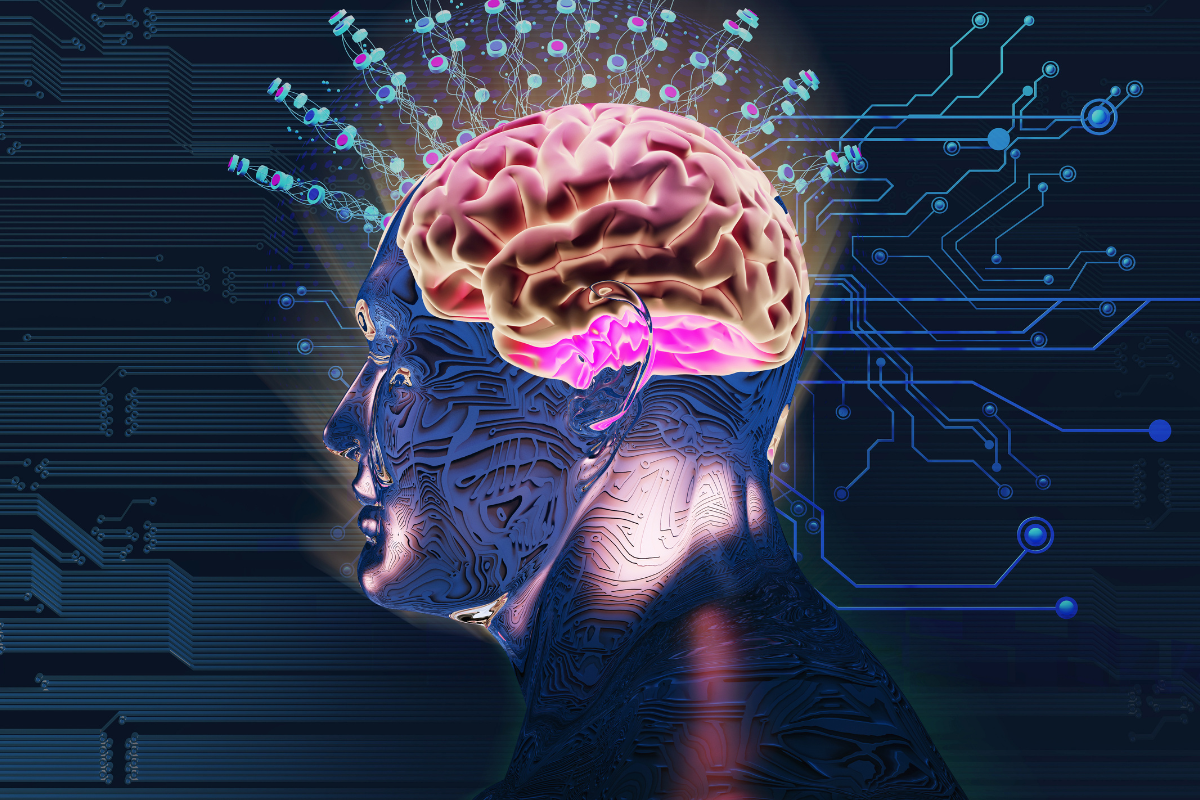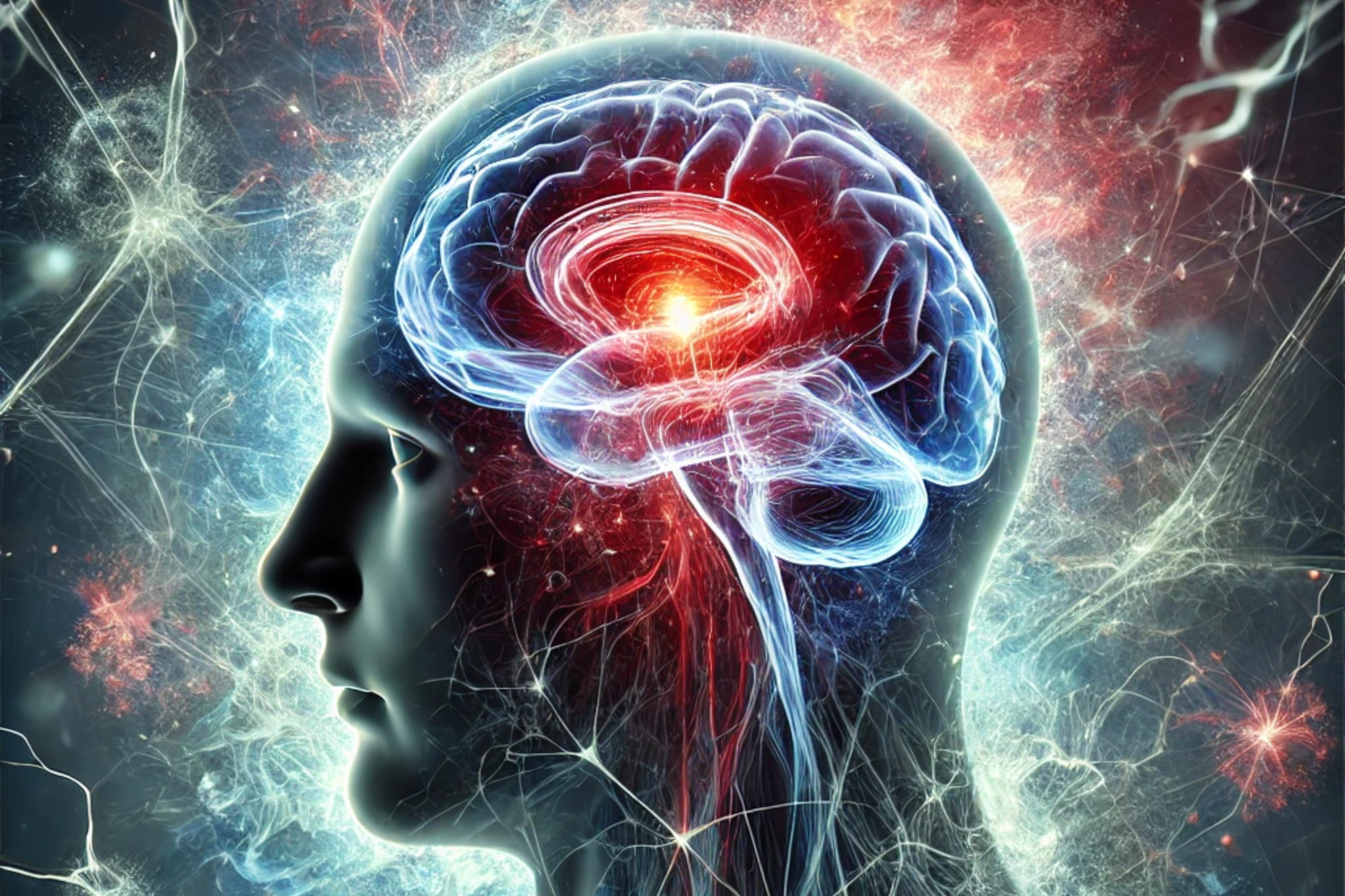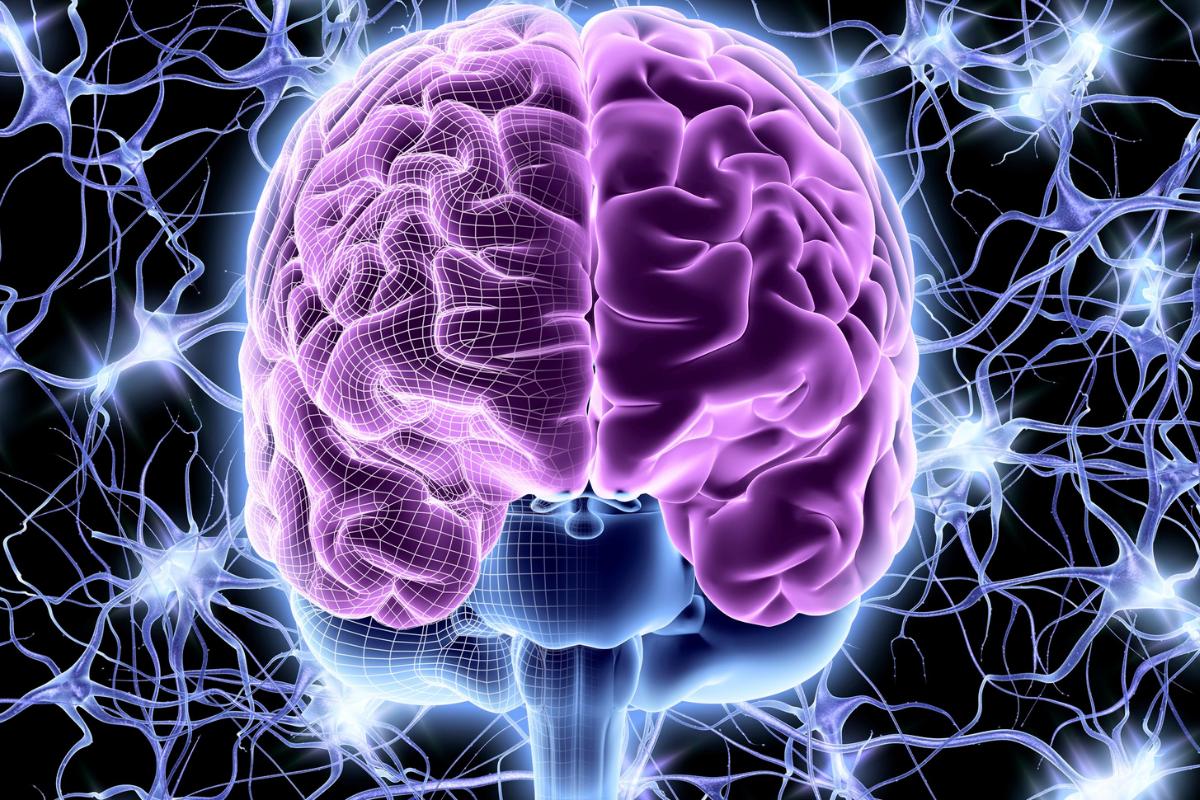Welcome to the era of modern psychiatry. Here, we offer an up-to-date overview of this important area of medicine. We explore the evolution of psychiatry, highlighting its crucial role in today's society.
We also look at contemporary approaches and treatments, with a special focus on pharmacological and cognitive-behavioral therapies.
Finally, we glimpse the future of psychiatryIt will focus on new research, emerging treatments and the growing connection with technology.
Join us on this informative and interesting journey about new psychiatric approaches.
Understanding modern psychiatry
Modern psychiatry is a dynamic and constantly evolving field, as it focuses on the diagnosis, treatment and prevention of mental illnesses and emotional disorders.
The approach is holistic and integrative, considering the patient as a whole - mind, body and environment.
Definition and evolution of psychiatry
Psychiatry is the area of medicine that studies and treats mental and emotional illnesses. Since its origins, it has evolved significantly. In the past, the focus was mainly on visible symptoms and abnormal behavior. Today, the approach is more comprehensive.
Modern psychiatry seeks to understand the complexity of the human mind and the impact of biological, psychological and social factors on mental health. In addition, advances in neuroscience and technology have provided a deeper understanding of the brain and mental illness.
This has enabled the development of more effective and personalized treatments, improving patients' quality of life.
The role of the psychiatrist in today's society
Psychiatrists play a crucial role in today's society. They are responsible for diagnosing, treating and preventing mental and emotional disorders, which are so common in our society. After all, it's no coincidence that anxiety and depression have been classified as the "disease of the century".
It also contributes to promoting mental health and reducing the stigma associated with mental illness.
The importance of the psychiatrist's work
Without a doubt, the work of psychiatrists is fundamental to the health of the population. Through accurate diagnosis and appropriate treatment, they help patients manage their symptoms, improve their quality of life and resume their daily activities.
In addition, psychiatrists play an important role in educating society about mental health, helping to demystify myths and prejudices.
Challenges and achievements in psychiatric practice
Psychiatric practice faces several challenges, such as the population's lack of knowledge, stigma and the complexity of mental disorders.
However, there have also been many achievements. Advances in research and technology have made it possible to develop more effective treatments.
Finally, the growing awareness of the importance of mental health has led to greater acceptance and support for patients.
Approaches and treatments in modern psychiatry
In modern psychiatry, the treatment approach is multifaceted and personalized for each individual. Professionals in this field use a combination of pharmacological and psychotherapeutic interventions.
The choice of treatment is based on the nature and severity of the mental disorder, the patient's preferences, and the response to previous treatment.
This integrated approach makes it possible to effectively manage symptoms, improve quality of life and prevent relapses.
Current pharmacological therapies
For the cases indicated, pharmacological therapies are a central component of psychiatric treatment. They involve the use of medication to treat the symptoms of mental disorders.
Psychiatric drugs have evolved continuously, with new drugs being developed to offer better results and fewer side effects.
They are prescribed based on the patient's specific condition and can be used in combination with other forms of treatment.
Cognitive-Behavioral Therapies
Cognitive-behavioral therapies are an effective form of psychiatric treatment. They focus on changing negative thought and behavior patterns that can contribute to mental disorders.
These therapies help patients to develop coping skills and improve their quality of life. They can be used in conjunction with pharmacological therapies to provide a more comprehensive treatment.
Remembering that other lines of treatment can also be just as effective, everything will depend on the patient's individual response to treatment. Among the options are the Jungian, psychoanalytic and humanistic lines, each of which is best suited to each profile and situation.
The future of psychiatry
The future of psychiatry is promising and full of possibilities. As research advances, new treatments emerge and the connection between psychiatry and technology is constantly growing.
New research and emerging treatments
Research in the field of psychiatry is always evolving, bringing new discoveries and emerging treatments. Recent studies have explored genetics, neurobiology and psychopharmacology, providing a better understanding of mental disorders.
We can mention, for example, neurostimulation techniques, which are especially effective against refractory disorders (such as refractory depression).
Therapies that have passed the experimental stage include rTMS (repetitive transcranial magnetic stimulation), a magnetic stimulation technique, and ECT (electroconvulsive therapy), an electrical stimulation technique, both of which are carried out in a humanized way.
As far as psychopharmacology is concerned, among the new psychotropic drugs is a fast-acting anti-glutamatergic antidepressant (anti-NMDA receptor): Ketamine. These solutions, when used in the treatment of indicated cases, are revolutionizing the condition of many patients.
Furthermore, in the future, these discoveries have the potential to lead to more effective and personalized treatments, offering hope to patients who have not responded to traditional treatment approaches.
The importance of modern psychiatry in mental health
As you can see, modern psychiatry offers effective and personalized treatment approaches, helping to improve patients' quality of life.
In addition, it is at the forefront of research and innovation, with new emerging treatments and the incorporation of technology into clinical practice. This increases the accessibility and effectiveness of treatment, transforming the way mental health is approached.
In this sense, Dr. Petrus stands out as a psychiatrist with modern methods. Therefore, get in touch and make your appointment.
And if you liked this content and want to know more about modern psychiatry, keep reading our blog.


